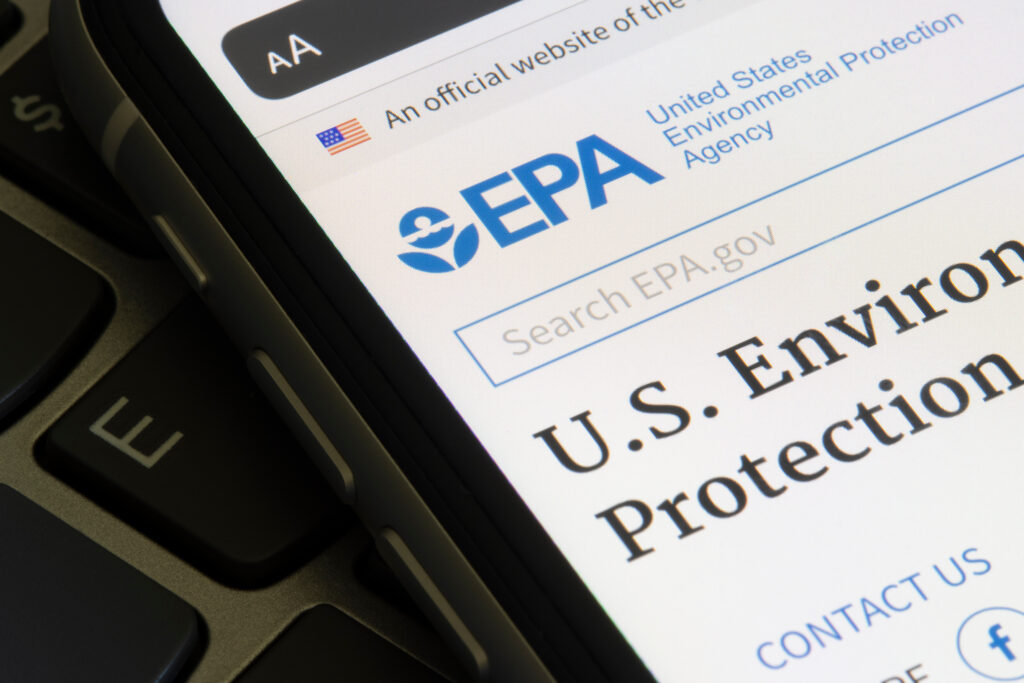The U.S. Environmental Protection Agency (EPA) has finalized revisions to its rules for decabromodiphenyl ether (decaBDE) and phenol, isopropylated phosphate (3:1) (PIP (3:1)) under the Toxic Substances Control Act (TSCA). Effective January 21, 2025, these revisions address the use, compliance timelines, and safety protocols for these persistent, bioaccumulative, and toxic chemicals (PBTs).

Key Revisions and Compliance Extensions
The revised rules extend compliance deadlines for specific applications. For instance, decaBDE used in wire insulation for nuclear power plants now extends through the service life of the equipment. Similarly, PIP (3:1) used in semiconductor manufacturing equipment receives a 10-year extension. Importantly, products containing these substances at concentrations below 0.1% by weight—if not intentionally added—are exempt from restrictions.
Workplace Safety and Industry Impact
New workplace safety mandates require personal protective equipment (PPE) during the handling and manufacturing of decaBDE and PIP (3:1). Additionally, both substances face prohibitions on water releases during processing. Specific exclusions, such as for lubricants in aviation or turbine uses, have been narrowed, and phased prohibitions for motor vehicle parts span 15 to 30 years.
Industry Applications in Louisiana and Beyond
These rule changes impact multiple sectors, including electronics, automotive, and nuclear industries, which are significant in Louisiana. Companies utilizing decaBDE or PIP (3:1) in manufacturing should review compliance deadlines closely to avoid penalties. Louisiana businesses must prioritize workplace safety upgrades and ensure supply chain transparency to meet the new standards. Additionally, companies handling PFAS or AFFF-based products must align their processes with these new PBT regulations, as enforcement mechanisms could intensify in the future.
Navigating Future Uncertainties
Scheduled the day after President-elect Trump’s inauguration, the rule’s implementation may face delays. A likely regulatory freeze could postpone the effective date by at least 60 days, creating uncertainty. Stakeholders, including Louisiana industries affected by PFAS and AFFF regulations, should monitor developments closely. Participation in the EPA’s upcoming webinar on December 12, 2024, will also be crucial for staying informed.
Conclusion
EPA’s revised rules emphasize enhanced compliance standards and workplace safety measures for decaBDE and PIP (3:1). As industries adapt to these changes, transparent practices and proactive adjustments will be key to navigating this evolving regulatory landscape. Proper planning now will help mitigate potential regulatory and operational disruptions in the future.




